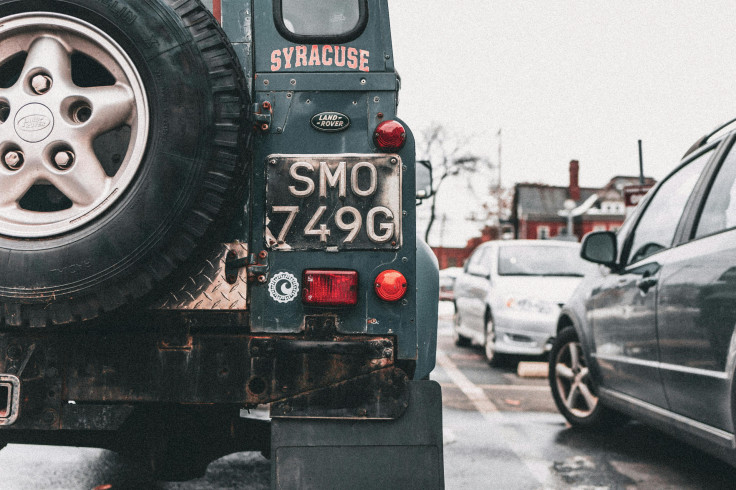
One of the nation's largest license plate reader companies has paused its work with federal immigration authorities over concerns about how driver data is being used, according to a new report.
Flock Safety, whose surveillance cameras are deployed in more than 4,000 U.S. communities, announced it had suspended pilot programs with Customs and Border Protection (CBP) and Homeland Security Investigations (HSI), citing confusion over data access and safeguards.
The suspension takes place after Illinois Secretary of State Alexi Giannoulias revealed that CBP accessed Illinois license plate records in violation of a 2023 state law prohibiting the sharing of such data for immigration enforcement or abortion-related investigations. "This sharing of license plate data of motorists who drive on Illinois roads is a clear violation of the state law," Giannoulias said in a statement shared by ABC News.
Flock Safety CEO Garrett Langley said the partnerships with CBP and HSI were intended to combat human trafficking and fentanyl distribution, not immigration enforcement. He admitted, however, that the company had failed to establish clear protocols. "We clearly communicated poorly," Langley said in a statement. "We also didn't create distinct permissions and protocols in the Flock system to ensure local compliance for federal agency users."
The American Civil Liberties Union (ACLU) has been warning for years that Flock's system effectively creates a nationwide surveillance network by allowing local agencies to share plate data broadly. The ACLU's efforts intensified in recent weeks as it reported that local police departments have carried out nationwide searches on behalf of Immigration and Customs Enforcement (ICE) despite state or municipal limits on such cooperation.
The most recent ACLU report revealed that recent months have seen pushback at the municipal level. City officials in Gig Harbor, Washington, questioned how shared data could spread across hundreds of networks, while lawmakers in Syracuse, New York, demanded answers after their city's data was searched 4.4 million times nationwide.
The ACLU also reported the case of Evanston, Illinois which revoked out-of-state access after discovering at least seven ICE searches despite a state ban and Austin, Texas, which declined to renew its Flock contract, with Council Member Mike Siegel stating, "Austin should not be participating in Trump's mass surveillance programs."
Such practices don't seem limited to Flock. A March investigation by The Guardian revealed that ICE routinely accesses license plate databases maintained by local agencies and private vendors, even in sanctuary jurisdictions.
© 2025 Latin Times. All rights reserved. Do not reproduce without permission.










